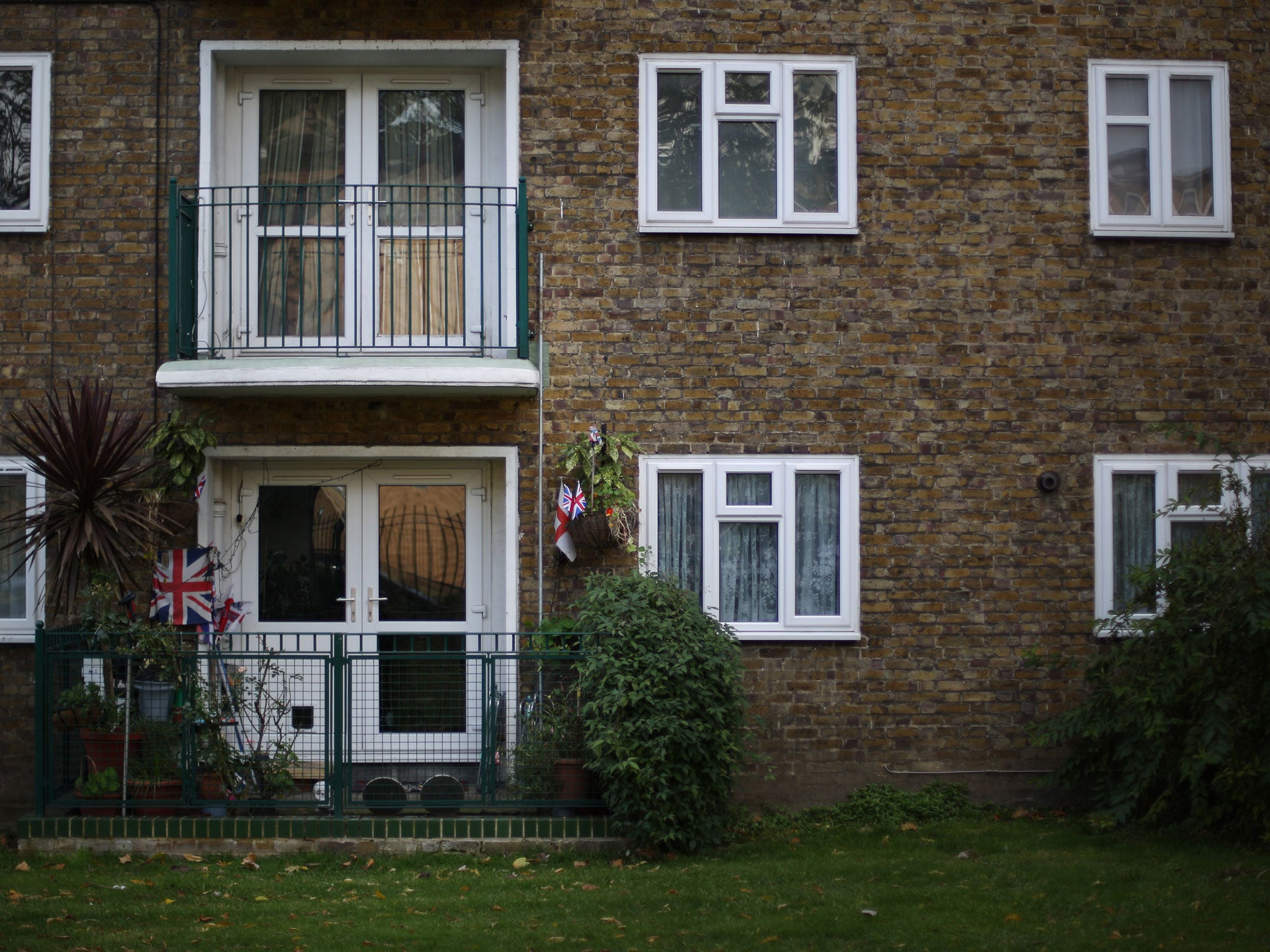Short-termism in the welfare debate is shortchanging our society
Making access to benefits tougher for young people could be counter-productive

Your support helps us to tell the story
From reproductive rights to climate change to Big Tech, The Independent is on the ground when the story is developing. Whether it's investigating the financials of Elon Musk's pro-Trump PAC or producing our latest documentary, 'The A Word', which shines a light on the American women fighting for reproductive rights, we know how important it is to parse out the facts from the messaging.
At such a critical moment in US history, we need reporters on the ground. Your donation allows us to keep sending journalists to speak to both sides of the story.
The Independent is trusted by Americans across the entire political spectrum. And unlike many other quality news outlets, we choose not to lock Americans out of our reporting and analysis with paywalls. We believe quality journalism should be available to everyone, paid for by those who can afford it.
Your support makes all the difference.Claims and counter-claims about the impact of EU migrants on our welfare system are obscuring a proper debate about the role of Britain’s welfare state. Conflating these issues in public and political discourse jeopardises our ability to have an intelligent and much-needed discussion about them separately and on their own merits.
Predictions about the economic impact of migration vary wildly. Conversely, we can expect with some certainty further cuts to the welfare budget, with George Osborne suggesting a further £12bn of cuts will be needed after 2015.
An influential alliance of the Office for Budget Responsibility, the IFS and the Deputy Prime Minister seem to agree that these cuts would disproportionately affect the working poor and sick. There is a danger that removing state welfare support for millions of families becomes the answer to a very different debate about the Government’s approach to EU migration.
Failing to distinguish between a legitimate discussion regarding migration from the EU, and whether or not families can access vital support will only foster a shallow public debate which sidelines long-term stability in favour of short-term cash savings.
A hard-headed analysis of how we prioritise public spending is overdue, but to truly guarantee the wellbeing of individuals facing hard times, debate must do justice to the vast complexity of welfare policy-making.
The longer we look at our safety net as a credit card statement of isolated, independent, burdensome cash transfers, which can simply be cut, frozen or increased, the harder it will be to solve the long-term challenges facing the welfare state in our country.
The debate around welfare provision must include consideration of whether people can access the skills, housing, education and healthcare they need to live independently.
Take two issues selected for scrutiny recently. First, limiting support given to parents to help them raise their children. Second, cutting housing support for young people. Taking these proposals forward may make the national balance sheets look better in the short-term, but cutting and capping without consideration of implications for how people affected can live their life is harmful and potentially costly in the long-run.
Making it tougher for young people to afford to move out of their parents’ home, take a job somewhere else and contribute to the public purse could be counter-productive and damaging. Cutting Child Benefit may make it harder for parents to give children the strong start in life they need in order to be able to live independently and rely less on support in later life.
Short-termism in the debate obscures the importance of investing in the future of individuals. Tailored support is required to help young people live independently through stable employment, not a system which is all stick and precious little carrot. Not only have young people borne the brunt of the recession but the same people and future generations of school-leavers will foot the bill for the effects of an ageing population. Full-blooded investment in the current generations of young adults must surely be a down-payment on the security of future generations of elderly people.
Maximising the life-chances of people in the UK demands a debate about the validity of welfare spending on its own terms; not as an afterthought, or even worse, as a bit-part player, playing second-fiddle to the rights and wrongs of migration policy.
We cannot afford for this debate to be a mere subplot. As a society we face fundamental questions about how we support each other: how to tailor provision to provide value for money and empower people? How to balance the intergenerational demands on our state safety net? What support can be delivered locally and what needs to stay in Whitehall?
The answers to these questions involve tough choices about making the most of resources available. Without strong argument and deliberation, those tough choices are reduced simply to rash impulses.
Join our commenting forum
Join thought-provoking conversations, follow other Independent readers and see their replies
Comments